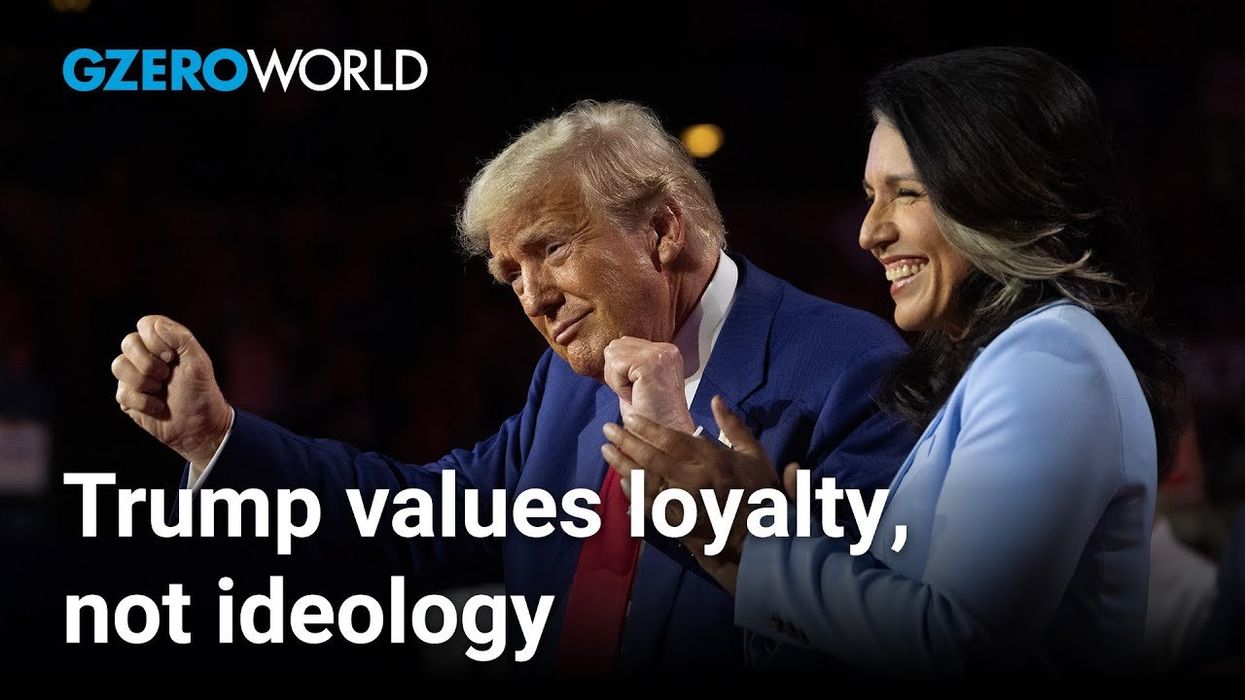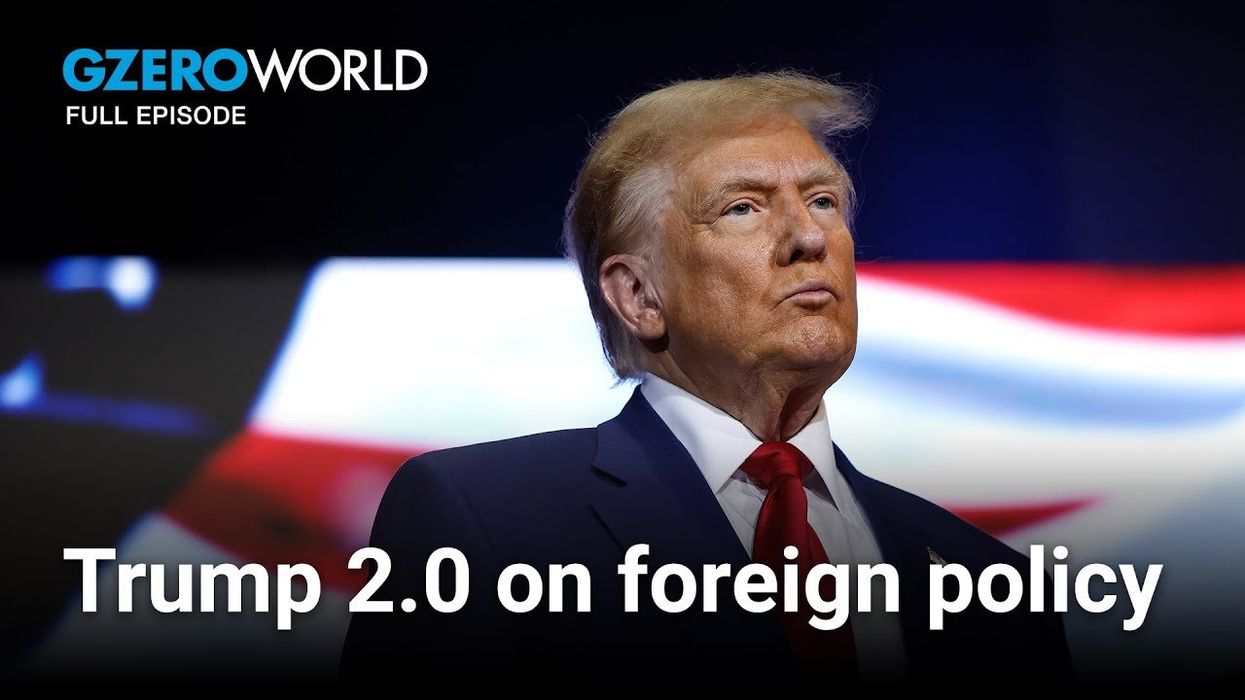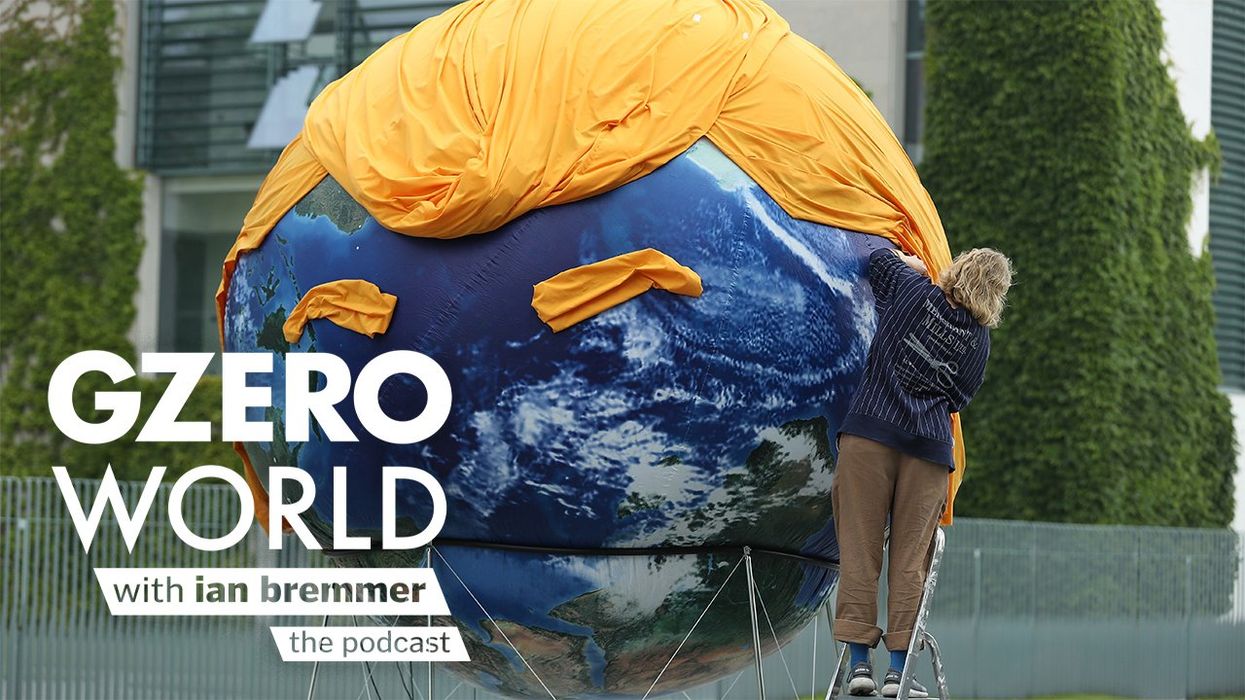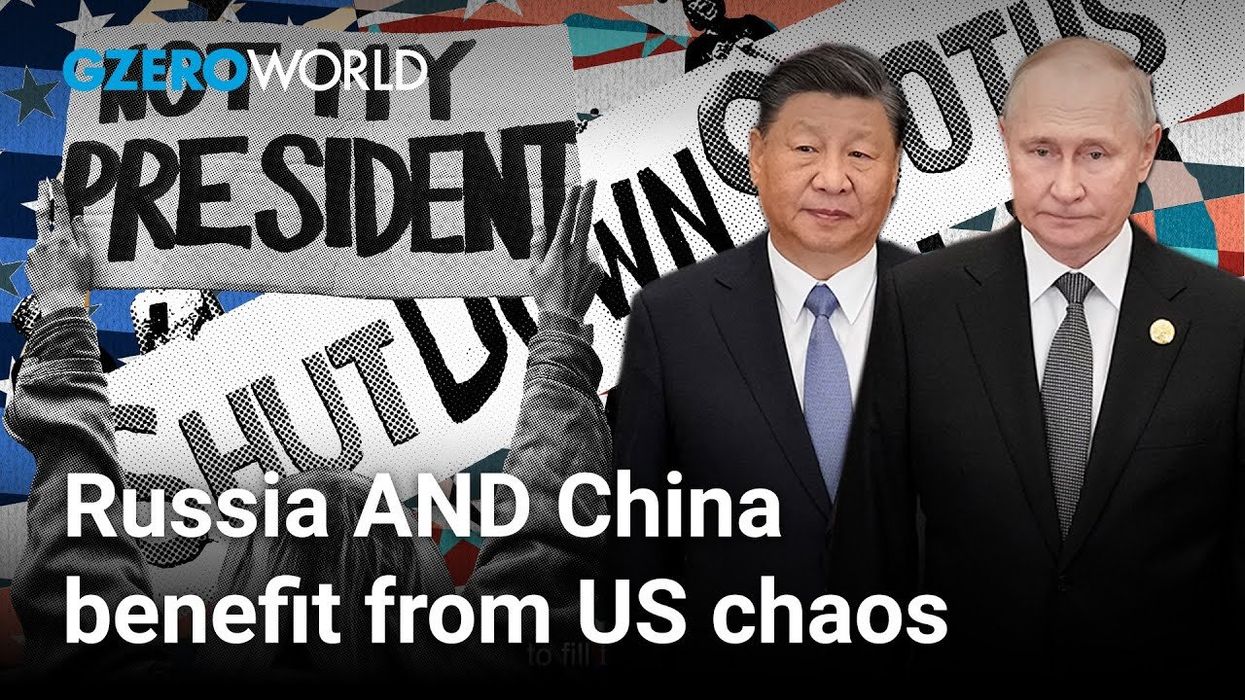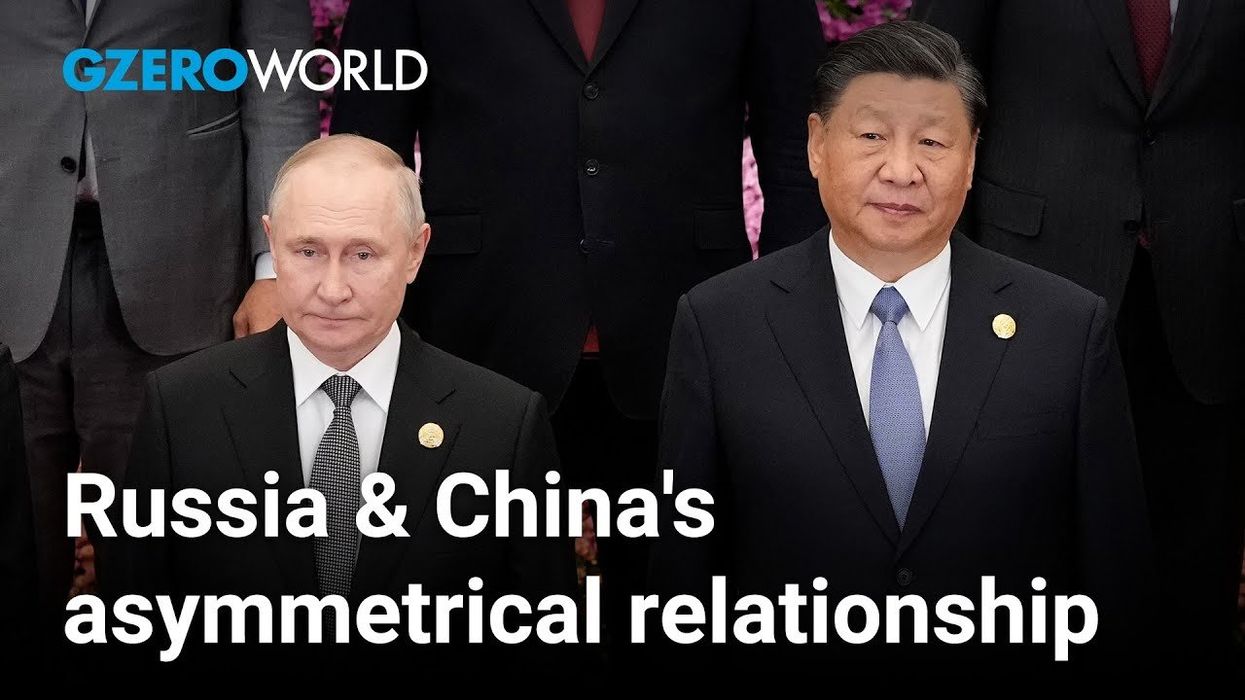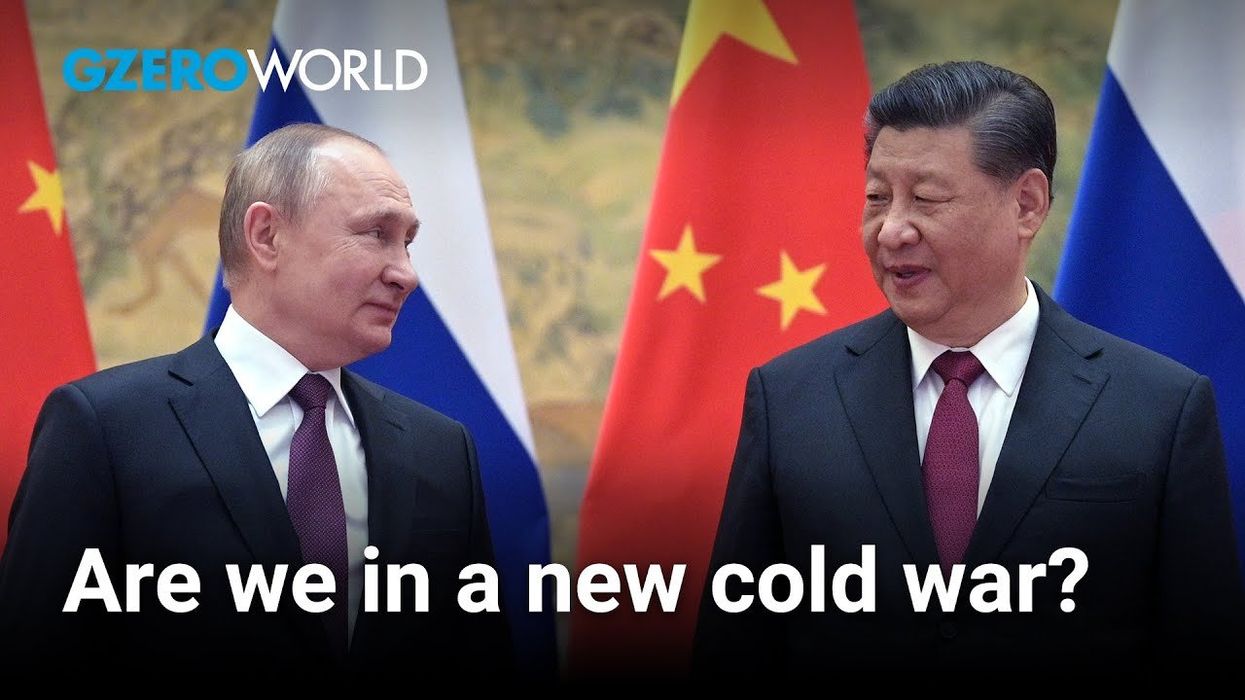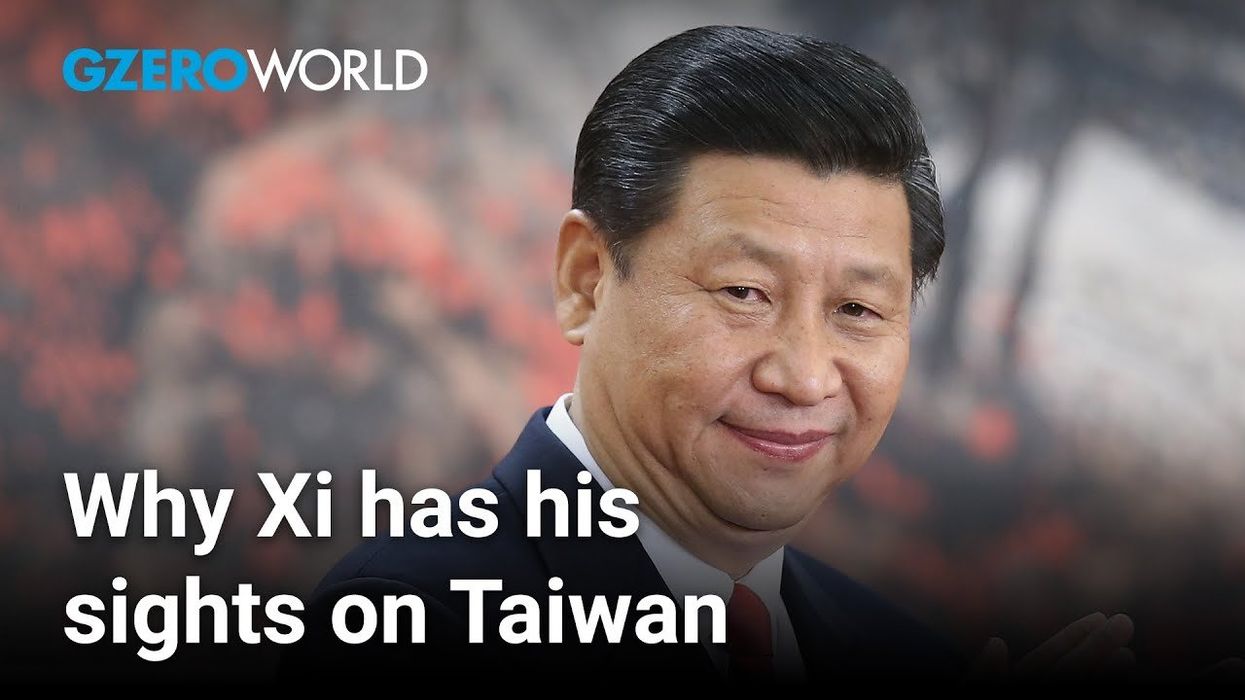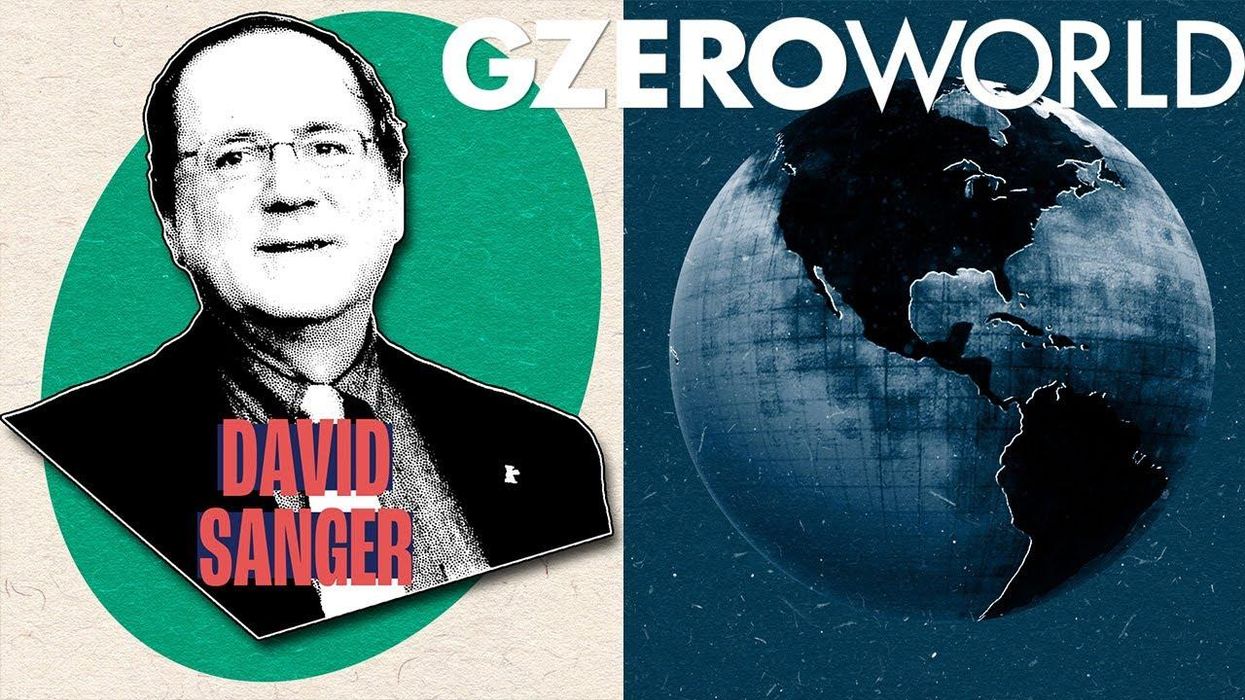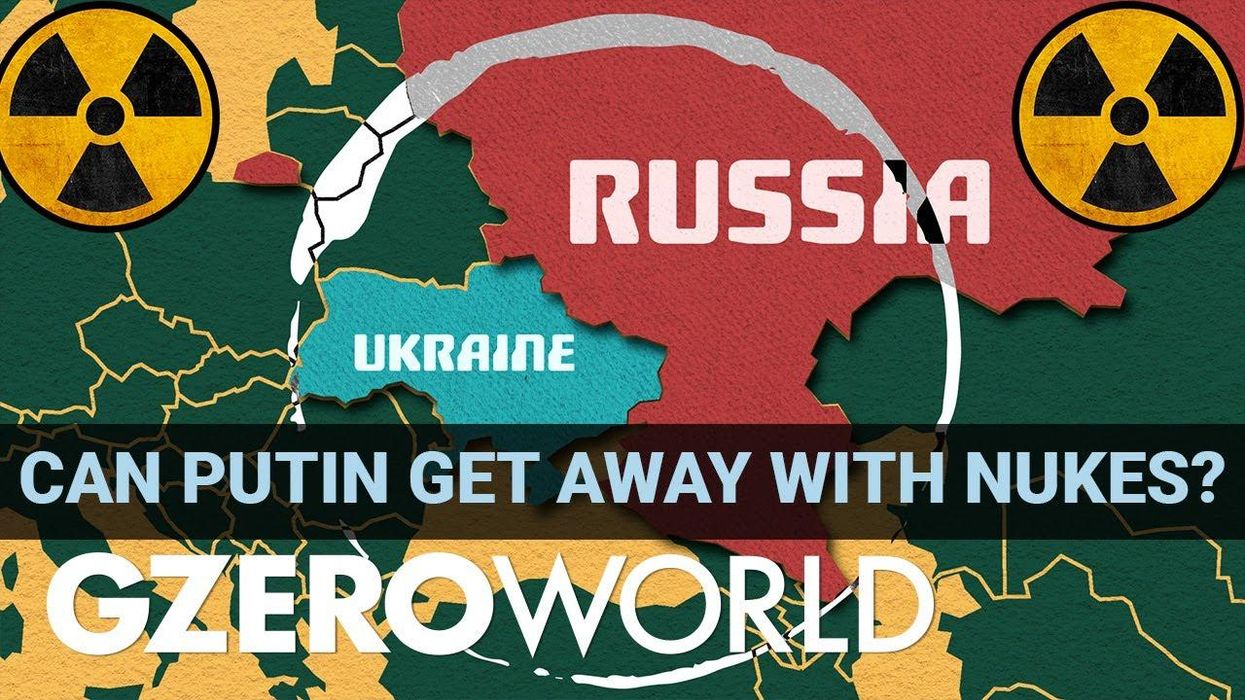GZERO World Clips
Trump wants to be the one to end the Ukraine war, but at what cost?
Trump is headed back to the White House and is determined to follow through on his campaign promise: bring an end to the war in Ukraine. But at what cost?
Nov 27, 2024

